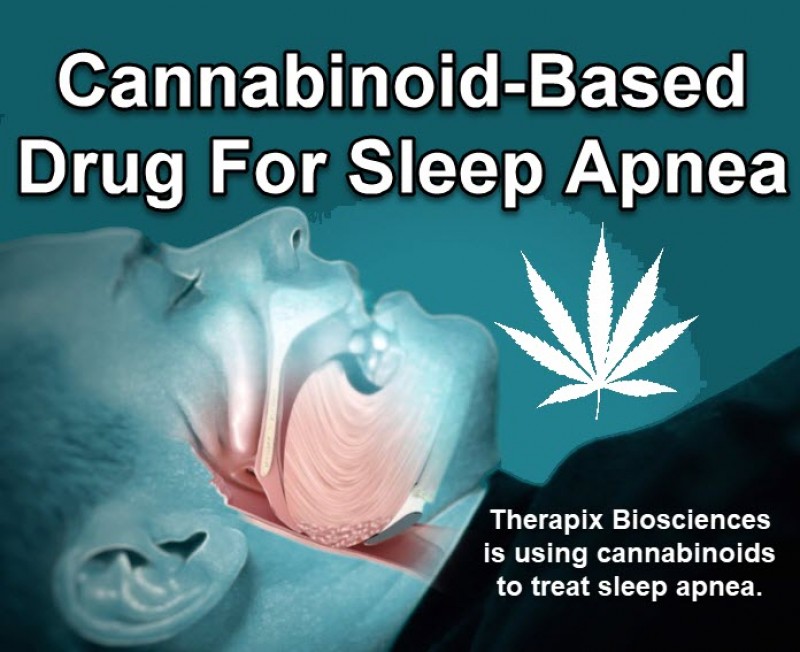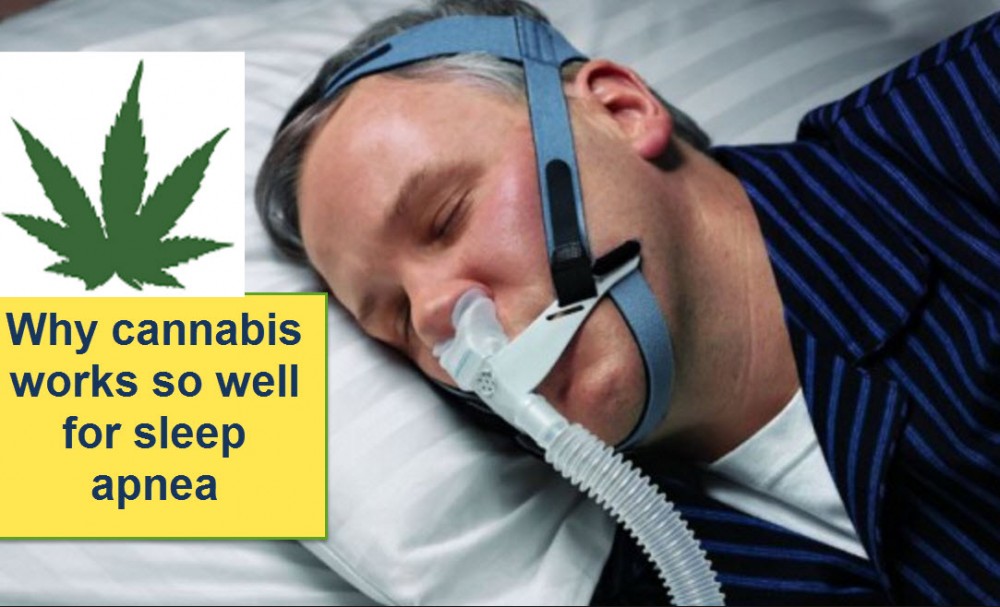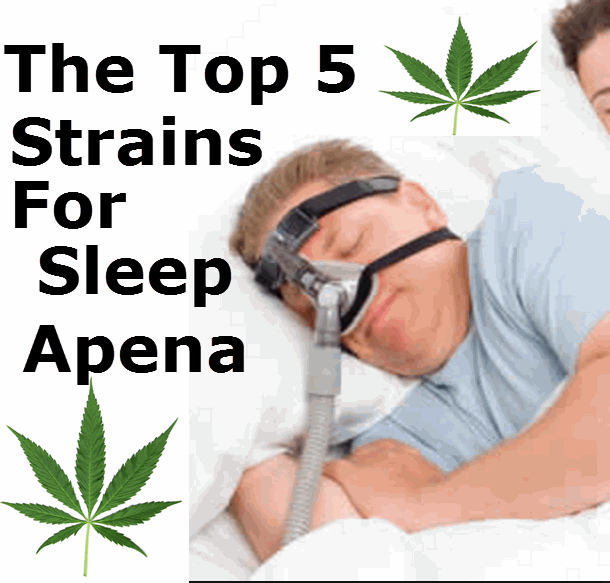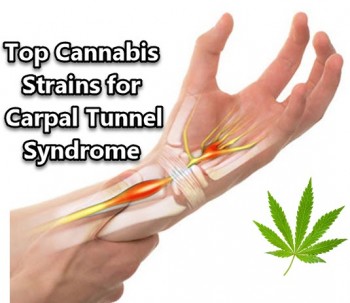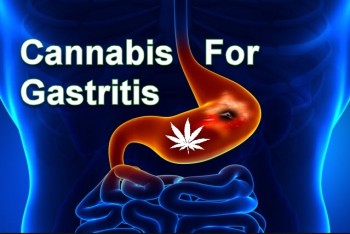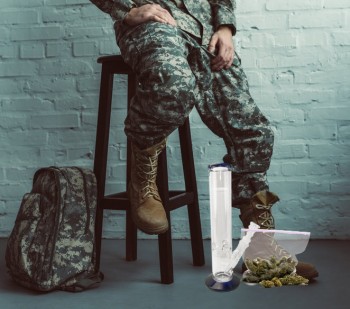Cannabinoid-Based Drug For Sleep Apnea
New CBD Based Drug For Sleep Apnea Gets Approval from CannabisNet on Vimeo.
Find out more about how Therapix Biosciences is using cannabinoids to treat sleep apnea
Cannabis.net spoke to Professor Yaron Dagan, who heads the Sleep Medicine Institute at Assuta. Prof. Dagan is leading the new double-blind study of Therapix Biosciences, Ltd., which is looking at using cannabinoids for the treatment of sleep apnea.
Sleep apnea is a condition that affects 42 million Americans. Without proper treatment, individuals with sleep apnea suffer from fatigue, are always sleepy during the day, and lack concentration. This serious sleep disorder can significantly increase the risk of getting into a car accident. In fact, statistics show that individuals who drive while sleepy are responsible for 100,000 car accidents, 40,000 injuries, and 1,550 deaths annually.
Aside from adults, children can also have sleep apnea. More than a quarter of a million kids have to undergo tonsillectomies each year because their tonsils cause an obstruction in their airways, which in turn causes sleep apnea.
When sleep apnea is left untreated, the lack of proper sleep and rest increases the risk for stroke by as much as four times compared to people who do not have sleep apnea. Around 50% of hospital cases due to hypertension also suffer from sleep apnea, and 50% of people with sleep apnea suffer from hypertension. A staggering 38,000 people die from cardiovascular problems each year as a result of sleep apnea.
There is a serious need to develop safe, natural alternatives to conventional sleep apnea therapies and cannabinoids may just be the solution.
-
Please tell us more about the study and how it is being conducted.
It is a pilot study that aims to evaluate the feasibility of combined Dronabinol and PEA treatment for OSA. Its primary measurements are safety (assessing Serious Adverse Events (SAEs)) and efficacy (change in AHI index and in blood oxidation index (ODI) before and after the treatment, as well as improvement in quality assessment index SE and improvement in fatigue and sleepiness index (ESS)). The study recruits 30 adult male and female patients which have been diagnosed with OSA at the sleep clinic. PEA is given in tablets orally for the duration of 30 days and is dosed at 800mg and Dronabinol soft-gel capsules of up to 10mg for the whole 30 days of the study.
-
Please tell us more about how your cannabinoid-based therapy compares to CPAP?
The main treatment for OSA currently in use consists of CPAP device therapy, which provides the patient with air positive pressure to the upper respiratory tract. Many of the OSA sufferers avoid using this machinery because of inconvenience associated with its use, as well as its side effects. Due to the described above, these patients’ medical needs are left unmet, despite the facts that they have been diagnosed with the disease and were advised to be treated with CPAP.
As recently as 2013, there was a study, which demonstrated that the treating the OSA patients with Dronabinol improved/repaired the severity of their symptoms. We're suggesting to use a combined treatment of the Dronabinol with PEA in order to get an even better results, than by the Dronabinol treatment alone. The assumption is, that PEA, a lipid molecule, is known to mimic some of the cannabinoidactions without being able to bind to one of the two classical cannabinoid receptors (CB1 or CB2). Previous studies have shown that PEA mechanism of action involves its binding the other non-cannabinoid receptors, which suggests a unique and parallel to cannabinoidssignaling cascade. The theory, called the "Entourage Effect" has been put forward to explain PEA pharmacological effects. This hypothesisis describing the phenomenon by the ability of one inactive ingredient to potentiate the effects of other active ingredient by either enhancing the receptor affinity of the latter or inhibiting its degradation.
-
How long does it take for a patient with sleep apnea to experience an improvement in symptoms after using the cannabinoid-based drug?
It is yet to be concluded, but previous (latest) clinical study, which examined the effect of Dronabinol alone, assessed the efficacy of Dronabinol after 6 weeks of treatment and had shown positive results.
-
Can children take THX-110 for sleep apnea?
Although this so-called "hypersomnolence" (excessive sleepiness) may also occur in children, it is not at all typical of young children with sleep apnea and it is not severe in pediatric population. Usually it does not require medical intervention.
-
Should THX-110 effectively treat sleep apnea in the study, do you foresee that maintenance doses or other medications would be needed to prevent symptoms from returning?
Yes
New CBD Based Drug For Sleep Apnea Gets Approval from CannabisNet on Vimeo.
OTHER STORIES YOU MAY ENJOY...
CANNABIS FOR SLEEP APNEA WORKS WELL, CLICK HERE.
OR..

